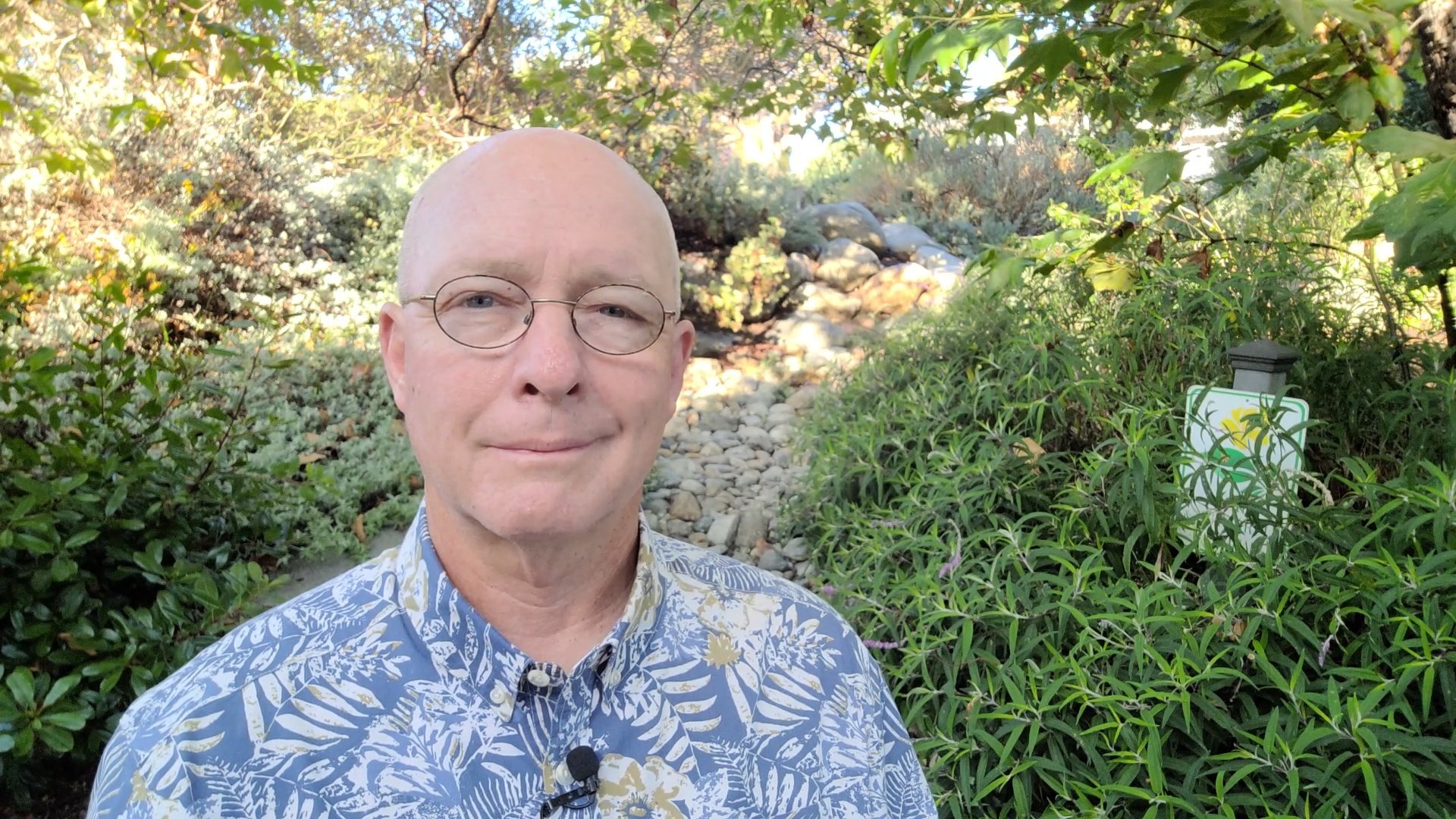Confession alert!
I’ve nursed a serious animosity toward the pastor of one of the mega-churches in the region where I live. He’s well-known, and I’m obviously not, so we don’t run in the same circles. I only know him from news reports and his public statements. But I don’t like him. No, it’s more than that. I’m disgusted by him. And although I’m tempted to list all the reasons why, that would just be an attempt to justify the unjustifiable. My attitude has been sinful. Full stop.
Regardless of anything else he’s said or done, that man openly confesses Jesus as Savior. And that means we’re brothers in the faith and will spend eternity together in the presence of the Lord. How then can I possibly imagine it’s remotely acceptable to hold onto these feelings. I can’t. There will be no room for my judgmentalism when we stand side by side before and face to face with the one whose perfect love drove him to the cross for the sins of us both. I’ve been giving myself permission to hold one of the Lord’s precious ones in contempt, and I choose to repent.
My sin was laid bare as I was preparing this commentary on the final section of Christ’s High Priestly Prayer recorded in John 17. After praying for himself and then for the disciples, verses 20-26 record the Lord’s final two requests, and they’re specifically for all future believers. That includes me. So, when he began by asking that his followers would exhibit a unity among themselves so striking it would serve as a testimony to his divinity, the ugliness of the disunity I was harboring in my heart was exposed.
This is not an excuse in any way, but I don’t think I’m the only guilty one here. As the log is being pulled from my own eye, I think I spot some splinters in others’. It’s evident that oneness is not the first word that comes to mind when describing the current state of the U.S. church. We more often seem to reflect the polarization, distrust, and animosity of the world around us than the harmony Jesus prayed for.
Don’t get me wrong. I’m not advocating for an anything-goes, sloppy agapē. We exercise godly wisdom when we assess others’ behaviors with humility in light of Scripture to avoid sin ourselves and be useful to the Holy Spirit in helping redirect those who’ve drifted off course spiritually. But we cross a line we should never trespass when we set ourselves up as the holiness or theology police and pass judgment on other believers. That’s because it disallows the second thing Jesus prayed for us.
In addition to requesting that his followers be one, he asked the Father to make it possible for them to one day be with him in heaven and experience his unfiltered glory. And there’s no way for that to happen if we insist on dragging our unholy discord into that holy place. We need to deal with it on this side of heaven and as aggressively as possible.
No one individual’s repentance can clean up the church’s relational mess. But if all of us who’ve contributed to it deal with our own, the impact will be profound. It’ll align us with our Savior’s desires and enable us to better serve as his witnesses.
I’m determined to do my part. I’m dealing with the specific iniquity I’ve already confessed, but I’m also inviting the Holy Spirit’s conviction regarding any other wrong-heartedness I’ve allowed to take root in my soul toward fellow believers. I want to be among those who become the answer to Jesus’ prayer not the reason for it, and I bet you do too.


